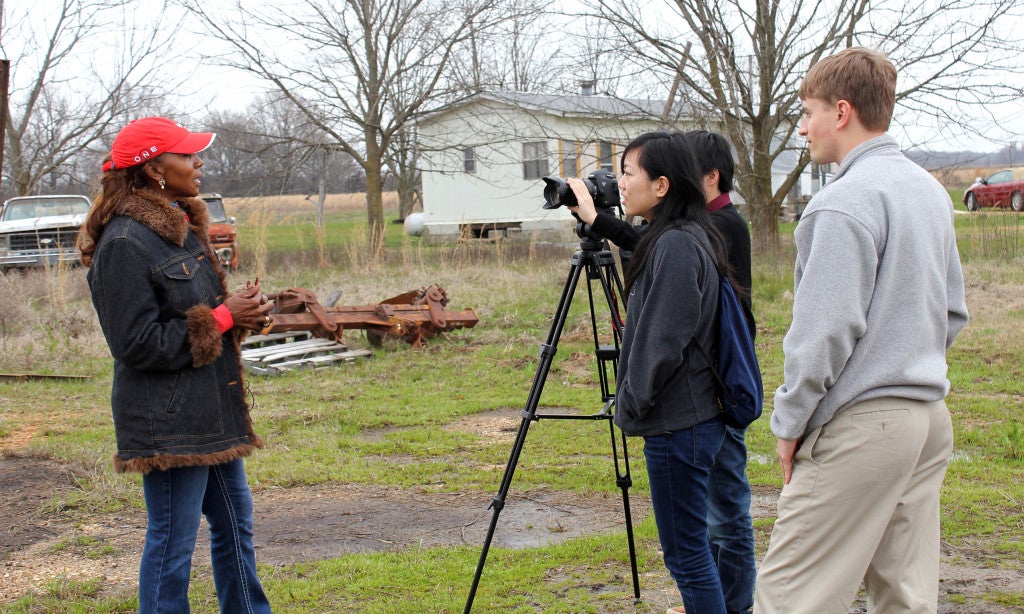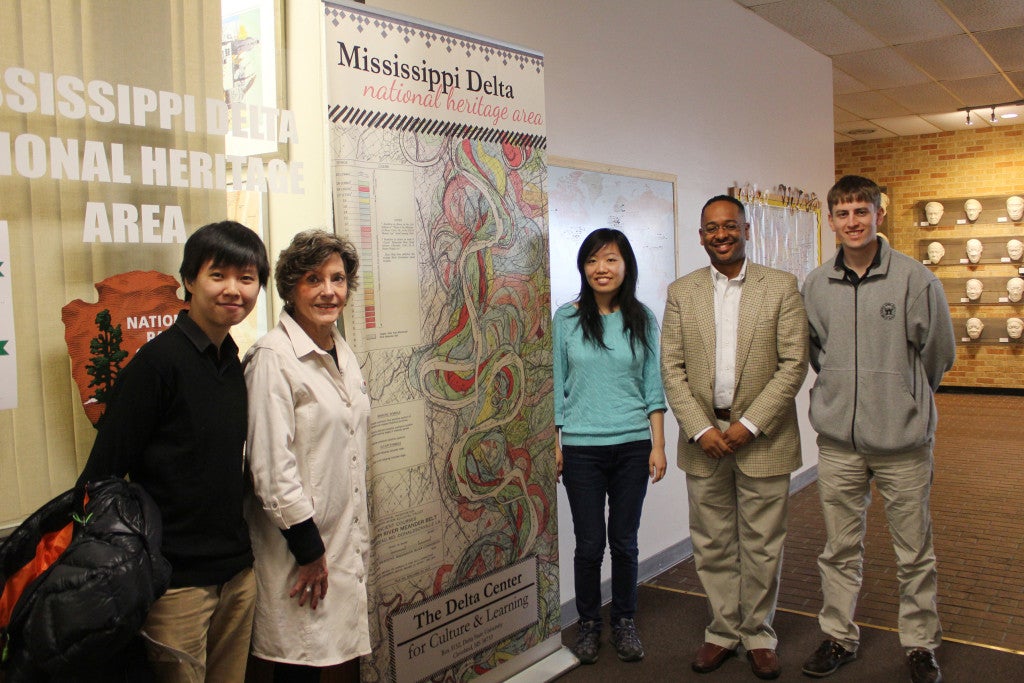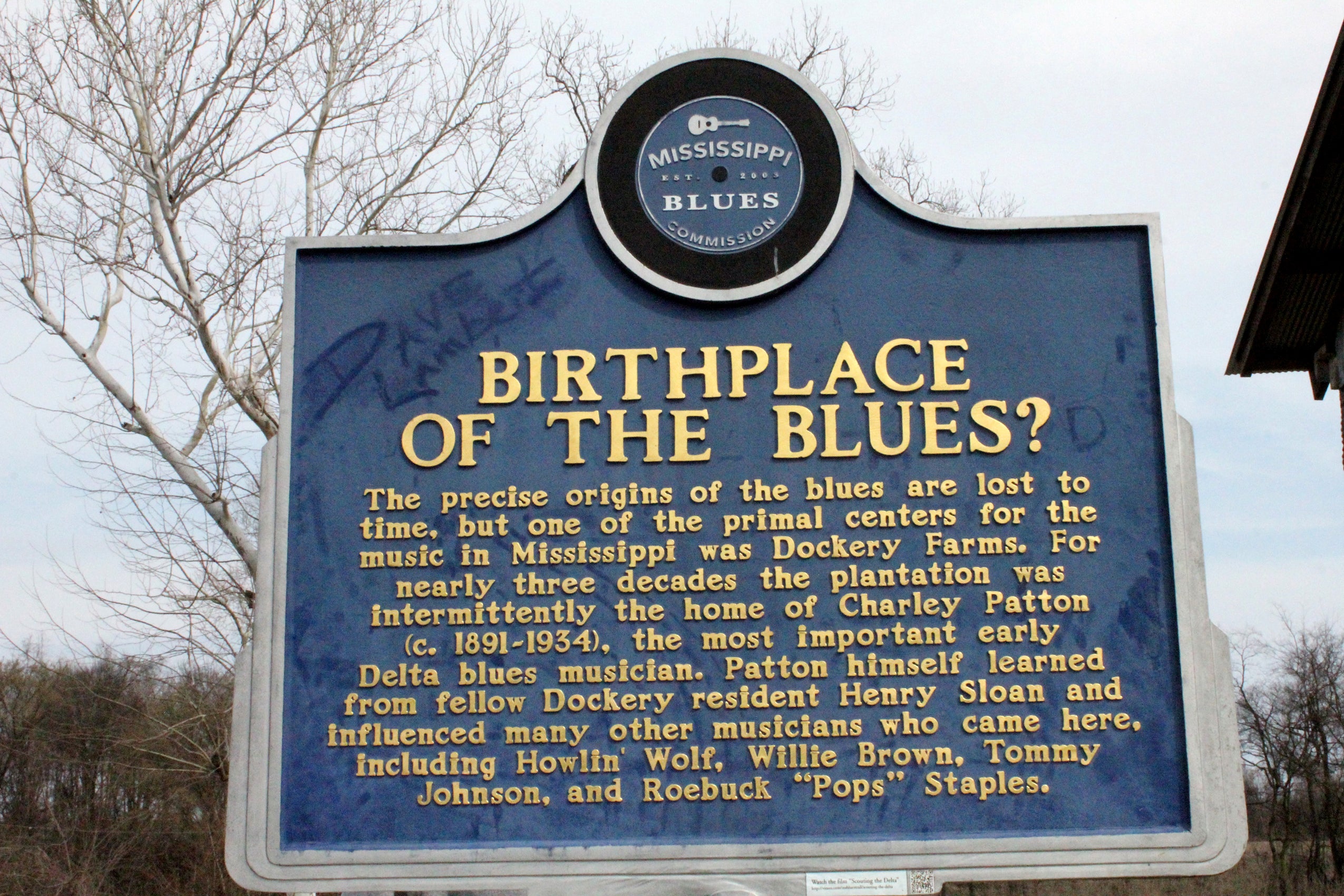A group of Harvard Law School students travelled to the Mississippi Delta during spring break to help make a documentary about the heirs property system in the state, which can contribute to family division, stolen economic opportunity and deprivation of land for families that they have held the land for generations.
What we saw is that there are strong communities and brave individuals who care and who are pouring their energies into giving their neighbors in Mississippi a better future.
Colin Ross ’16

“Amen!”
“We as a community need to come together!”
“Amen!”
The pastor raised his voice as he gave his call to action in the face of tragedy.
“If we had more forgiveness, we wouldn’t be having these shootings!”
“Amen!”
Many in the crowd of hundreds nodded grimly in agreement as they showed their support for the pastor’s words.
There had been a murder in the town of Clarksdale, Mississippi—the third in a month; A high number for a town of just over 17,000 in the heart of the Mississippi Delta. The crowd had gathered in the street to hold a nighttime candlelight vigil to remember and honor the victim. Towards the back of the crowd, the police chief and other plainclothes police officers silently observed the scene. The vigil ended with the release of balloons and with prayer. Maybe locals more steeped in past tragedies, and who may have seen such vigils come and go without result in the past, would have said differently, but to this Harvard outsider at least, there was an energy on that dark street. A feeling that despite the tragedy and the entrenched problems surrounding it, there remained a strong community that was not going to be broken anytime soon.
That was a sense I got in many places we went in Mississippi: lots of problems, but a community working to support each other through it all. Two Harvard companions and I hadn’t flown down from Cambridge for the week to solve the state’s crime problem—or any of its problems for that matter. We were there to learn and to observe, and to offer what help we could to the people who had been working there long before we arrived, and would be long after we left.

Specifically, we were there to help make a documentary about one particular problem: the heirs property system in the state and how it can deprive families of land that they have held for generations. Basically, some families don’t make wills because they lack the resources or because of a historically well-founded distrust of the legal system. So the land gets split among all the heirs, and then among all their heirs. Within a generation or two, you can easily have a 20-way split. That complexity can deter full economic use of the land, and worse, leaves the family land vulnerable to speculators who often need only buy up one small portion to force a sale on the whole property. The end results are too often family division, land loss, and stolen economic opportunity.
We travelled across the state interviewing local stakeholders on camera about the heirs property problem: the farmers who struggle with it; the law professor and lawyers who try to shepherd their clients through it; the national advocate trying to push through a legislative solution to it.
There was a lot of driving across the flat, open farmlands of the state. There was a lot of listening to music in the historic blues clubs of Clarksdale. There was a lot of eating hearty breakfasts and mouth-watering BBQ. There was reverence and awe to stand at some of the hallowed sites of the Civil Rights Movement.
It was a privilege to spend the week in an area as rich in American culture and history as the Mississippi Delta. We’re back in Cambridge now, but work on the documentary, and on the heirs property, crime and other problems, continues by those on the front lines. What we saw is that there are strong communities and brave individuals who care and who are pouring their energies into giving their neighbors in Mississippi a better future. Amen.
